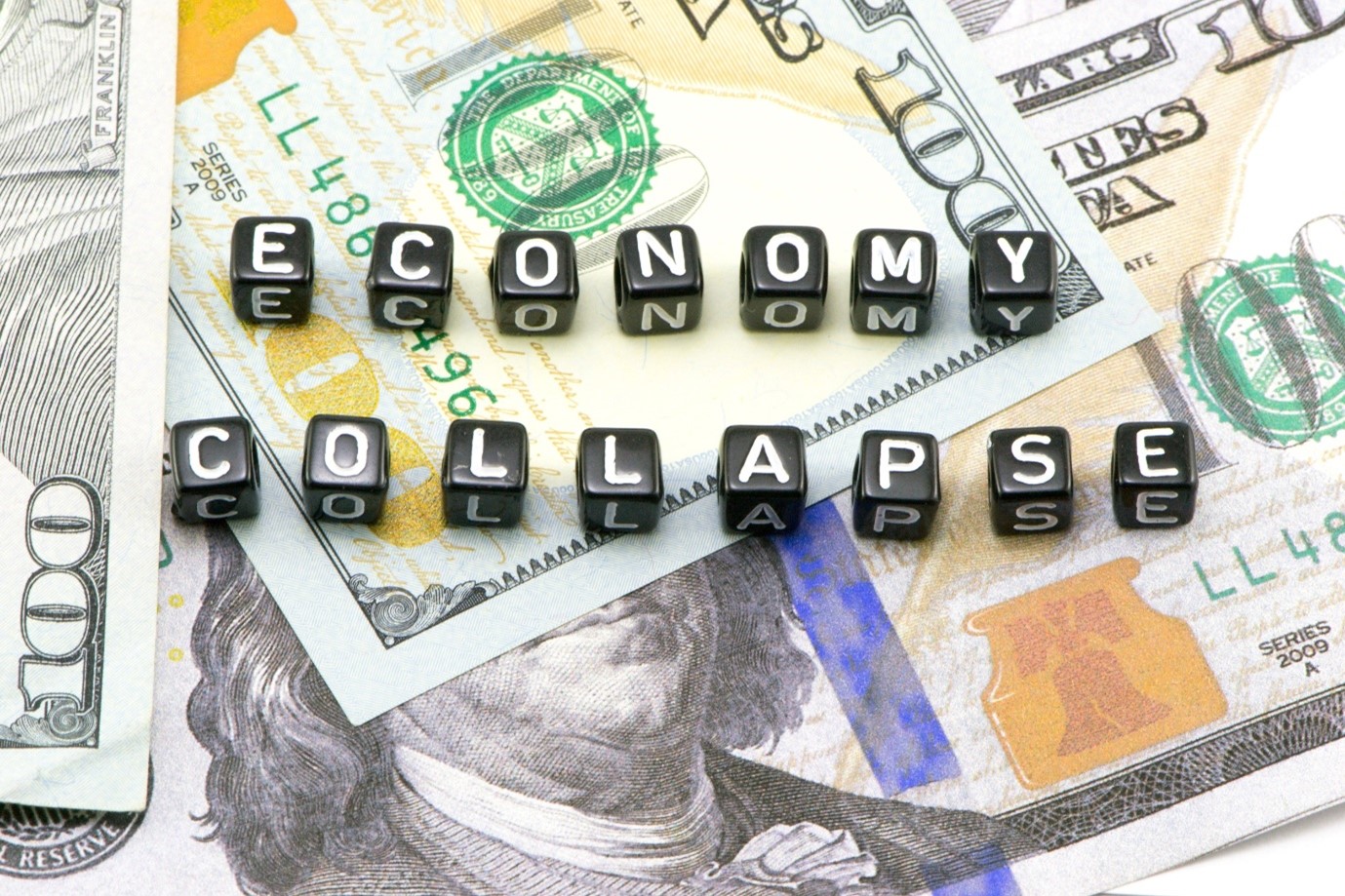Jim Lord of Crestwood General Contracting in Arizona works as a real estate agent and advisor, specializing in short sales and foreclosures. Economic conditions, from interest rates to employment trends, play a pivotal role in determining the outcomes of hectic property transactions. In the following article, Jim Lord explores the profound impact that economic factors have on short sales and foreclosures, offering invaluable insights for both buyers and sellers navigating these turbulent waters.
May foreclosure filings, including scheduled auctions, default notices, and bank repossessions, rose 7% in May from April, representing a 14% increase from the same time last year, as ATTOM shows. The question on the tip of many tongues is: why?
Analysts say the answer lies in economic factors. Everything from job market downturns to rising inflation to actual revenues to population changes impacts the resurgence of short sales and foreclosures. And if certain conditions persist, the number of both less-than-ideal happenings will increase.
Jim Lord of Crestwood General Contracting in Arizona says that according to ATTOM's CEO, Rob Barber, the boost in foreclosure filings recently depicts a trend that was already expected. Anticipated or otherwise, the factors behind this uptick all link back to the wider economy.
Jim Lord of Crestwood General Contracting in Arizona says that dishearteningly, the quarterly median weekly earnings gains experienced by full-time workers throughout the country are null and void when adjusted for inflation. During the first quarter of 2023, the average weekly earning for a full-timer was $363 (inflation-adjusted) a figure down from $367 at the start of 2020 when the pandemic was just beginning.
The cost of living differs depending on the state, with Florida experiencing a particularly ruthless increase, depressing inflation-adjusted earnings further. Even though there isn't an official measure of Florida's inflation, the Bureau of Labor Statistics shows real hourly earnings throughout the state have fallen from $25.12 at the start of 2020 to $24.82 in April 2023.
As data put forth by the International Monetary Fund states, the US Consumer Price Index (CPI) was roughly 258.84 in 2020 and is expected to grow to 325.6 by 2027.
Inflation, whether preferable or not, impacts everything, including the rate of foreclosures and short sales.
While high mortgages can be a good thing for the rental market, they pose a threat to those whose terms are coming to an end. People were riding the wave of exceptional interest rates, locking in for two to five years only to discover that their new rate could suddenly be double. This increased cost can abruptly price some homeowners out, causing them to short sell or wait until their lender conducts a foreclosure.
 Economy Impacts Foreclosures and Short Sales Impacts Economy
Economy Impacts Foreclosures and Short Sales Impacts EconomyJim Lord of Crestwood General Contracting in Arizona says that according to Stanford economist, Rebecca Diamond, homeowners are less likely to buy another property for some years after a foreclosure. Thus, more people have less-secure living arrangements and are more prone to defaulting on other loans.
Diamond has highlighted various impacts that economists hadn't yet thought about in a pandemic-laden world. Her paper, published as a working paper by the National Bureau of Economic Research, emphasized the fact that homeowners who are on the margin (i.e., individuals who could make good on their payments with a bit of help) are the most afflicted.
Because the unemployment rate is still low, is unlikely that there will be a massive increase in foreclosures and short sales like what was seen from 2007 to 2009. Analysts are not expcting a widespread debacle akin to when the bubble burst (2008).